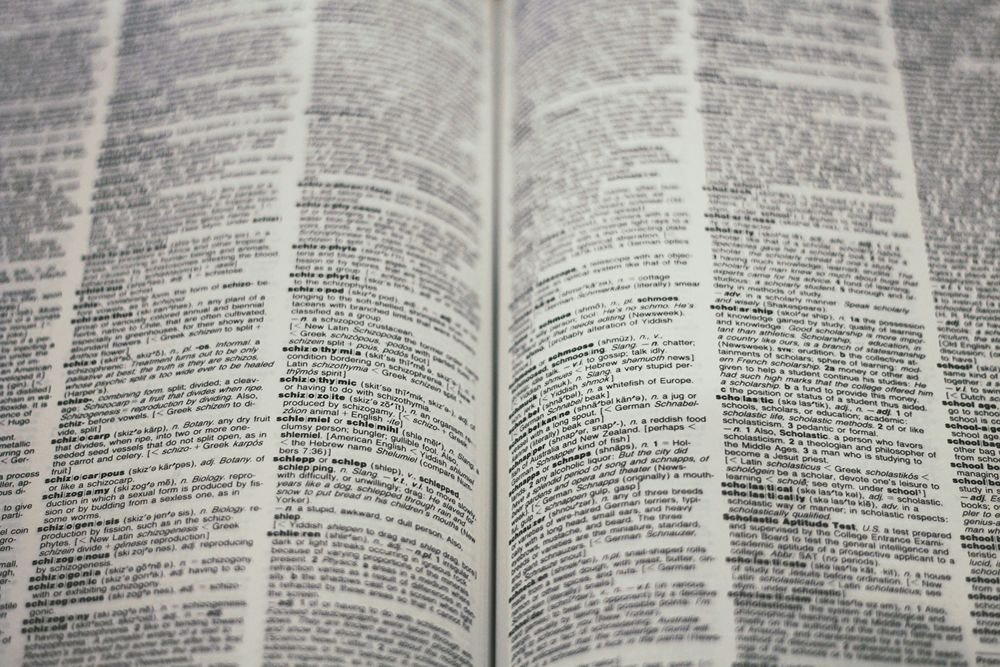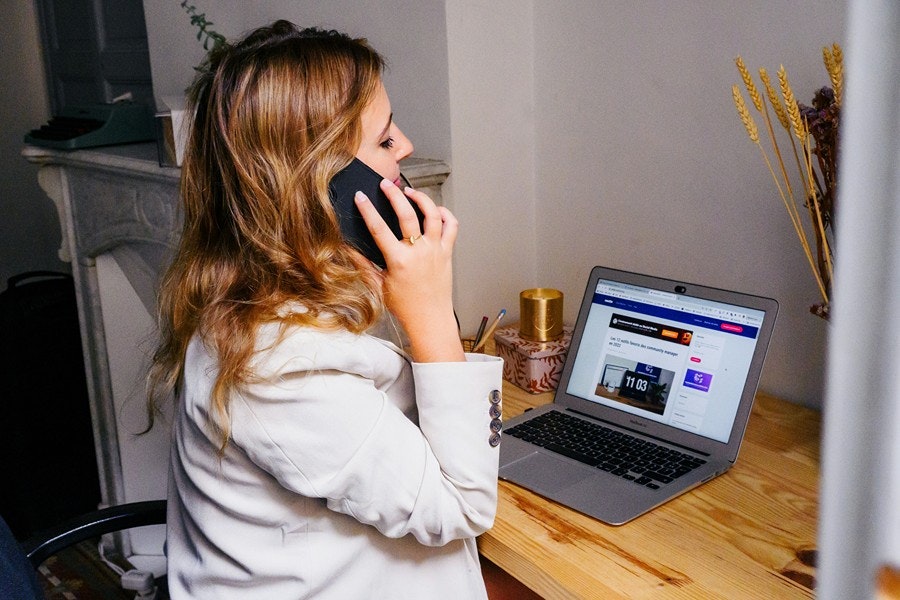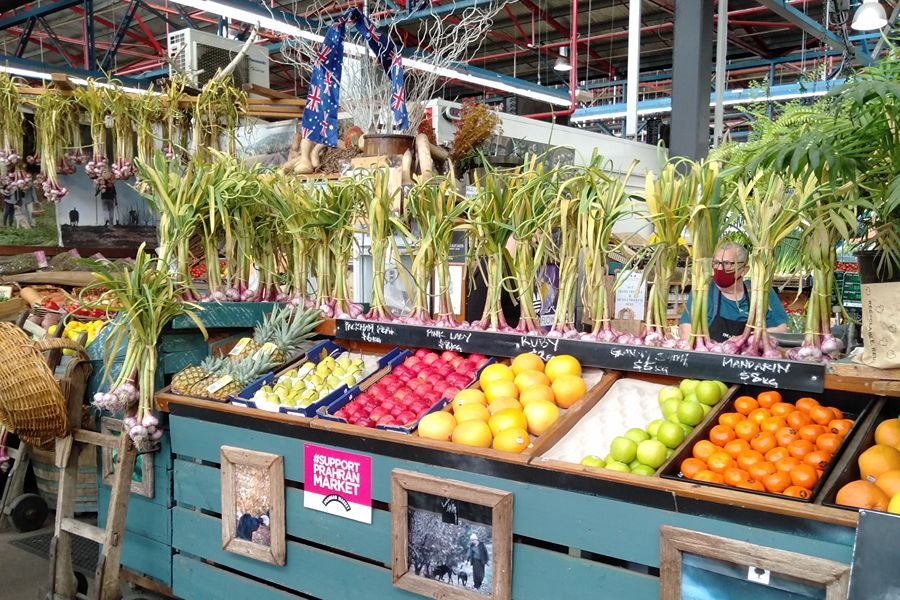Cheers mate! Your insiders guide to mastering Aussie English
Have you ever felt like English in Australia is a totally different language to what you learned before coming? Would you like to know know how to decipher the common expressions and sounds? Read on for our tips to help you understand the locals!

By:
LINA AVILA HENAO
Last Updated:
Jun 25, 2025
Tags:
#learn-english #aussie-culture
In this article
Australian English is famous for the accent and the amount of slang (colonial expressions) that it contains. It can be a bit challenging to understand when you do not have a trained ear and this can make it a bit difficult to communicate if you are not used to it.
As a Colombian my whole life (primary school, high school and university) I studied and learned American English. However, coming to Australia and listening to this accent was a bit of a shock, especially when I was on the phone or interacting with older people.

Things get harder when you visit the countryside of Australia as locals do not have much interaction with people that have other accents so you can not easily understand them but also they can not understand you.
But do not worry with this article you will have a better understanding of the origin of Australian English, why it sounds like that and how you can easily train yourself to get a better experience.
Influences on the Australian English and slang
The Australian population is in its majority English migrants that came to Australia in the 18th century. The language was British English but also has been influenced by the presence of Irish and Scottish migrants.
Language has been evolving and new generations have introduced new expressions and abbreviations that we will see later in this article.
Australia is a multicultural country, which means that there are people from around the world that probably have learnt english or are learning english in Australia (same as you) and they speak with their own country accent. This is the reason you should tune your ear for all the accents.
Australians speak fast
I guess every person in every language can speak really fast. I think Australians speak fast with everybody without noticing. In that case you could ask them politely to slow down.
Could you speak slower for me please?
Where is the change in the accent more notorious?
In the ending of certain words. For example, for words that end in “er” the sound is “a”
Water sounds like watta
Singer sounds like singa
Better sounds like betta
Butter sounds like batta
Dinner sounds like dinna
Get familiar with those sounds at the end of the words. At the beginning it will sound weird and even funny but believe me that with time you will not even notice it.
Another thing you will notice is that Australians (in my opinion) do not open their mouths wide enough to properly enunciate words. This makes the English sound more complex and difficult to learn, but remember is not impossible.
The key is in paying a lot of attention and concentrating. You will see that in a few months your ear will have developed.
Australians use a lot of abbreviations
Abbreviations are the bread of each day in AUS. The recommendation is to get familiar with them because you are going to listen to abbreviations all the time. In your job, in your English school or in your day to day life.

Here is a list with the most common abbreviations, but of course there are many more.
AUSSIE: Australian. It means someone from Australia.
B&B: Bed & Breakfast. Type of accomodation common in towns.
BYO: Bring your own. It is used in restaurants to say that you can bring your own alcohol and they charge an extra.
G’DAY: It is widely used, a way to say good morning.
ASAP: As soon as possible.
ARVO: Afternoon
LMK: Let me know.
BREKKIE: Breakfast.
HOSPO: Hospitality industry.
MACCAS: Mac Donalds
MOZZY: Mosquito
TELLY: Television
SICKY: Sick day.
BARBIE: BBQ. It is used in the context of: let's do a BBQ.
VEGGIES: Vegetales.
Aussies also use abbreviations (not formal) to refer to the states & cities in Australia
TASSY: Tasmania
BRISSY: Brisbane
Unique words to refer to some stuff in Australia
Bogan: Unsophisticated person that lacks class.
Stubbie: Bottle of beer
Flat white: A type of coffee, like a Latte
Oz: Australia
Dealing with phone calls
Phone calls with Aussies when you are being contacted for a job offer is something that you need to learn how to deal with
First, try to pay attention to the name of the company that the person says at the beginning of the call so you know which is the company that is contacting you (from the many that you have applied already).
Generally this is the structure of what the say on the phone (but obviously it can vary)
Hi Lina,
Another scenario
This is Michael from **** company and I wonder if you are still interested in the position that you applied for?

If you do not understand a single word ask them if they can email you the information that they are saying to you. Sometimes they say addresses or locations on the phone so to be sure ask them to send you the information written. You can use one of the following questions.
“Could you please send me this information through an email?”
“Could you please send me the address on a text message to this number?”
“Could you please repeat that to me?”
My experience when I did not know much english: I used to not answer unknown numbers on purpose and see if they left a message. What was the reason? Listening to the message when I was calmly at home allowed me to decipher the information that they say, write down any phone number that they left, and give me time to prepare myself and then call back. Make sure you have a good english message set up in your voicemail if you do this.
Words that in Australia are different
Some words in Australia are different to the ones you already may know from American English. Here are some examples.
Toilet/bathroom instead of Restroom
Bill instead of Check
Queue instead Line
Chips instead of french fries
Mate to say Buddy
Holiday to say Vacation
Lift instead of Elevator
Pharmacy to refer to Drugstore
Rubbish to refer to Garbage
Thongs to refer to Flip Flops
Prawns to refer to Shrimps
Stove to refer to a Cooker
Colour instead of Color
Entreé it is an Appetiser
Lollies means Sweets or candies.
In written Australian English some words use “s” instead of “z”
Apologise
Organise
Analyse
Recommendations
Listen to podcasts or watch Australian movies, this can be a good start. Join local volunteer organisations and socialize with native speakers.
I joined a volunteer group in my local parish and it was the best thing I could have done to absorb not only the language but also the culture.
Make the most of your english school, teachers will reinforce the pronunciation of the words in the classes and you will recognise the words easier when you listen to them.
Avoid interacting all the time with people that speak your same language so you can progress your level of English faster.
Attend free events in English about anything or about something that you are interested in such as gardening, technology, sciences. At least one or two words will stick in your memory.
To summarise
The Aussie accent is something that you get familiar with. You will see that after a couple of months your ear will be well trained. Remember that the key here is to practice, hang around English speakers and let yourself be immersed in Australian culture.
Enjoy your experience and we will see you soon, mate!


